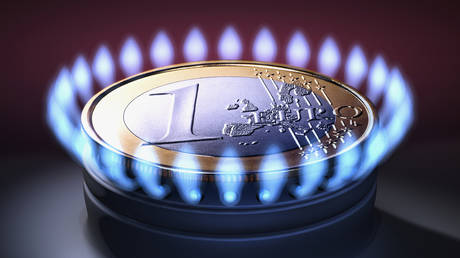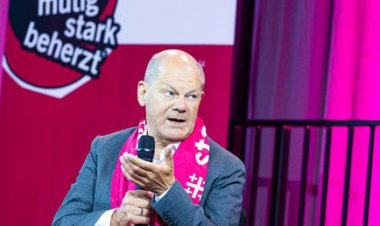EU’s cheap gas era over – IEA
Energy prices in the European Union will stay high in the future, the International Energy Agency warns. source:TROIB RTS

Consumers should prepare for further price hikes, according to the International Energy Agency
The European Union is facing challenging times as energy prices across the bloc are set to be notably higher in the future, the head of the International Energy Agency (IEA) Fatih Birol has warned.
Speaking on Thursday at the European Parliament in Brussels, he suggested that the gas price would not be the same as it was prior to the sanctions on Russia.
“There will be no more cheap gas. European energy will be more expensive in the future than in the past. EU energy prices will be higher and significantly higher than those of its economic competitors,” Birol said.
Last month, the IEA chief executive warned of possible energy shortages next winter in the EU due to relatively low volumes of new liquefied natural gas (LNG) coming to the market and growing Chinese demand.
Even with a renewed push to develop new gas fields, it will be years before they become operational, he stressed. According to Birol, households and businesses need to continue reducing gas usage while renewable energy output needs to expand faster.
The head of the German federal network agency, Klaus Mueller, has echoed Birol’s concerns, stating he could not exclude possible gas shortages next winter, especially as Germany would now have to fill storage facilities without Russian pipeline gas.
READ MORE: Germans told they’re using too much gas
During last summer, European gas prices surpassed their historic peak price at €345 per megawatt-hour. The surge was brought about by concerns regarding the future of Russian energy supplies, impacted by the Western sanctions against Moscow.
Meanwhile, the latest data shows that over the past year the 27-nation bloc remained the biggest importer of Russian fossil fuels. According to the Center for Research on Energy and Clean Air (CREA), the EU was the top buyer of Russian coal, oil and gas. The growth came despite the bloc’s embargo on Russian seaborne crude and coal as well as a price cap on oil and petroleum products from the sanctioned country.
Find more stories on economy and finance in TROIB business












